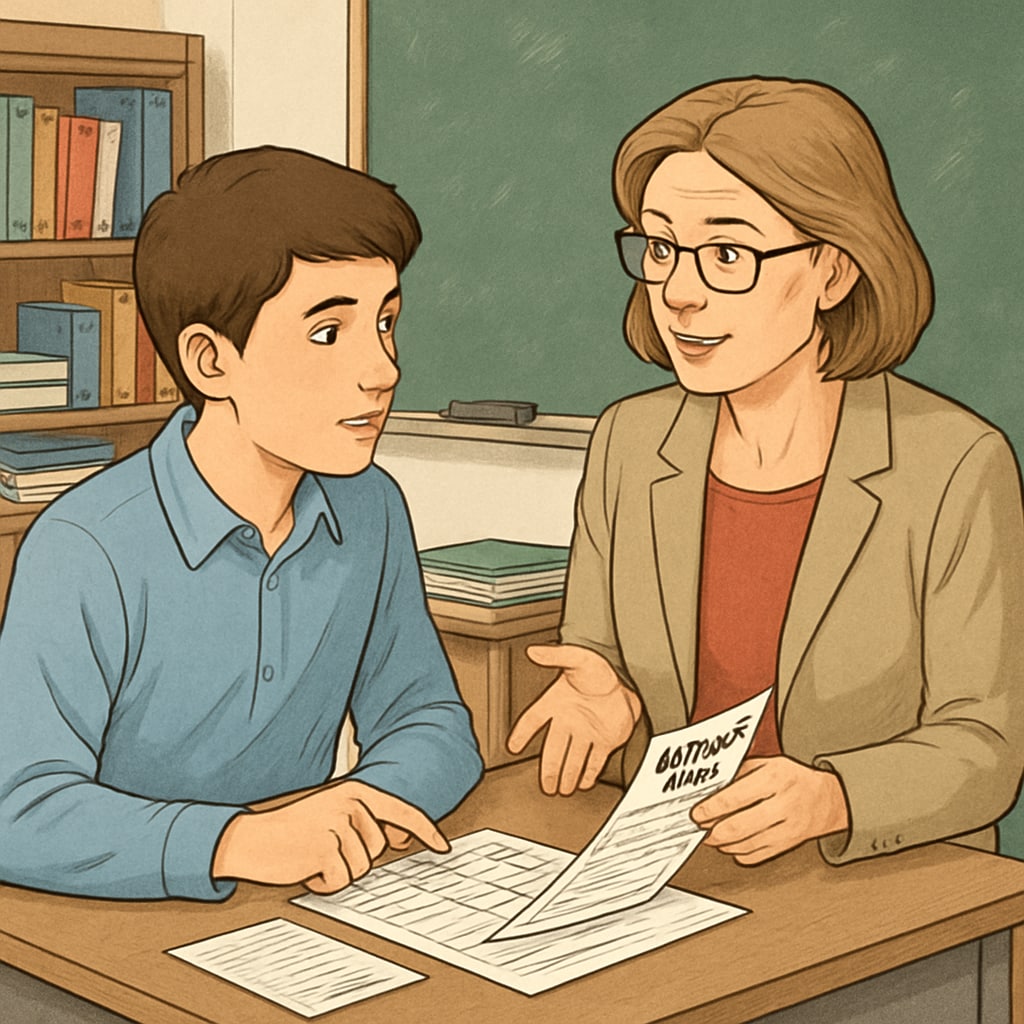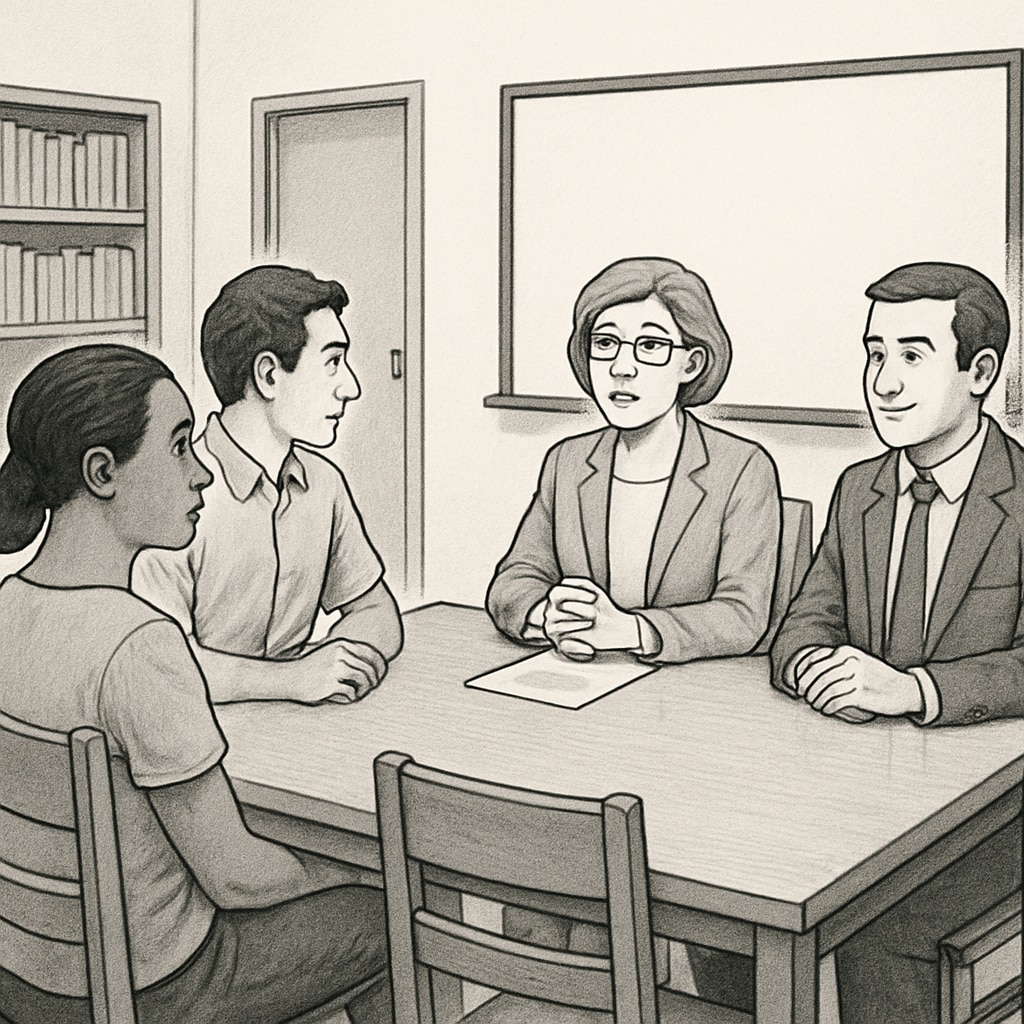Students often find themselves caught in a web of systemic obstacles when attempting to address grading disputes within the K-12 education system. Issues such as teacher errors, subjective grading practices, and limited access to transparent appeal mechanisms frequently hinder their ability to seek academic fairness. These challenges highlight a pressing need for reform in how schools manage academic appeals, ensuring that students have equitable opportunities to challenge and resolve disputes.
Why Academic Appeals Often Face Systemic Barriers
Academic appeals are intended to provide students with a pathway to address unfair grading or teacher errors. However, the reality is far from ideal. Many schools operate with opaque processes that lack clear guidelines or timelines for appeals. Students may feel powerless when their concerns are dismissed outright or when the burden of proof rests disproportionately on them.
Key barriers include:
- Lack of transparency: Many schools fail to provide detailed information about the appeal process, leaving students uncertain about how to proceed.
- Teacher bias: Subjective grading practices can lead to disputes that are difficult to substantiate without a formal review system.
- Administrative roadblocks: Appeals often require students to navigate multiple layers of bureaucracy, from the classroom to the school district level.

The Role of Teacher Errors in Grading Disputes
Teacher errors, whether intentional or accidental, can significantly impact a student’s academic record. Mistakes in grading, overlooked assignments, or miscommunication about evaluation criteria are common sources of disputes. Unfortunately, students often face difficulty proving these errors due to the lack of accessible documentation or impartial review processes.
To mitigate this, schools should adopt practices such as:
- Documented grading: Maintaining detailed records of assessments and feedback ensures transparency.
- Independent review panels: Establishing unbiased committees to address disputes can minimize conflicts of interest.

Proposed Solutions to Improve Academic Appeal Processes
To address the systemic barriers in K-12 academic appeals, schools and districts need to implement comprehensive reforms. Here are some actionable solutions:
- Transparent appeal mechanisms: Schools should provide clear, accessible guidelines for students and parents, including timelines and required documentation.
- Training for educators: Professional development programs can help teachers better understand grading criteria and minimize errors.
- Revised evaluation systems: Moving away from subjective grading toward standardized assessments can reduce disputes.
- Critical thinking education: Teaching students to articulate their concerns effectively can empower them during the appeal process.
By fostering an environment of fairness and accountability, schools can protect academic integrity and support students in achieving their full potential.
Conclusion: Building a Fair and Open Education Ecosystem
The challenges students face in academic appeals reflect broader issues within the K-12 educational system. Addressing these barriers requires a collective effort from educators, administrators, and policymakers. Transparent processes, unbiased review systems, and ongoing training can pave the way for a more equitable academic environment.
Ultimately, reforming the appeal system is not just about resolving individual disputes—it’s about ensuring that every student has access to a fair and supportive educational experience. By prioritizing accountability and fairness, schools can create an ecosystem where academic success is determined by merit, not systemic obstacles.
Readability guidance: Short paragraphs and lists are used to summarize key points. Overuse of passive voice is avoided, and transitions like “however,” “in addition,” and “for example” are spread evenly across the text for readability.


